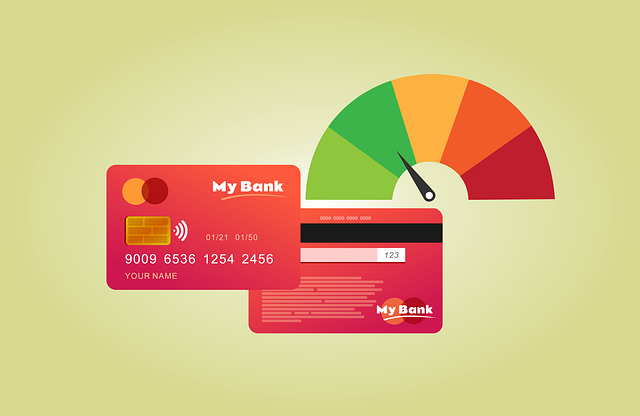Higher credit scores significantly impact real estate transactions, benefiting homebuyers and sellers in competitive markets. FICO scores determine loan terms, with better rates for higher scores. Proactive financial habits enhance creditworthiness, ensuring accurate reports and advantageous mortgage deals.
In the competitive world of real estate, understanding your credit score is key to securing the best mortgage rates. A higher credit score translates to better lending terms, saving you thousands over the life of your loan. This article guides you through deciphering complex credit scores, explains the profound impact of FICO on mortgage interest rates, and offers practical strategies for boosting your credit rating—all essential knowledge for aspiring homeowners in the real estate market.
Understanding Credit Scores in Real Estate

In the dynamic realm of real estate, understanding credit scores is paramount for both buyers and sellers. Credit scores serve as a numerical representation of an individual’s financial reliability, offering insights into their borrowing potential and repayment history. For prospective homebuyers, higher credit scores translate to more favorable loan terms, including lower interest rates and improved access to financing options. This can significantly impact the affordability and accessibility of properties in competitive markets.
When it comes to selling, a strong credit score can enhance a property’s appeal. Lenders often view buyers with excellent credit as less risky, which may prompt quicker approvals and easier negotiations. Moreover, knowledge of one’s credit score allows sellers to set realistic expectations regarding offers, fostering a smoother transaction process in the bustling real estate landscape.
The Impact of FICO on Mortgage Rates

In the competitive landscape of real estate, understanding credit scores and their impact is paramount. FICO, or Fair Isaac Corporation, plays a pivotal role in this scenario, particularly when it comes to mortgage rates. Credit scores, calculated by FICO, serve as a financial snapshot, reflecting an individual’s creditworthiness. Higher FICO scores indicate responsible borrowing and timely repayment histories, which are attractive qualities for lenders.
As a result, borrowers with superior FICO scores often enjoy lower mortgage rates. This relationship is significant, saving homeowners substantial amounts over the life of their loans. In the dynamic market of real estate, where every percentage point matters, being mindful of one’s credit score can translate into substantial financial benefits and easier access to housing opportunities.
Strategies for Achieving Higher Credit Ratings

Achieving a higher credit rating is a game-changer, especially in the competitive real estate market. It’s like unlocking a secret key that opens doors to better mortgage rates and more favorable loan terms. To reach this goal, it’s essential to adopt proactive strategies. First, consistently make timely payments on all your bills; this simple act demonstrates responsible financial behavior and is crucial for improving your rating over time. Second, keep credit card balances low—ideally below 30% of the available limit. High utilization ratios can negatively impact your score, so managing these balances effectively sends a positive signal to lenders.
Additionally, regularly reviewing your credit report for errors or discrepancies is vital. Errors can drag down your rating needlessly, so addressing them promptly is a strategic move. If you spot any inaccuracies, dispute them with the credit bureau immediately. This proactive approach ensures that your credit report accurately reflects your financial health, giving lenders a clear picture and increasing your chances of securing better rates in the real estate market.






